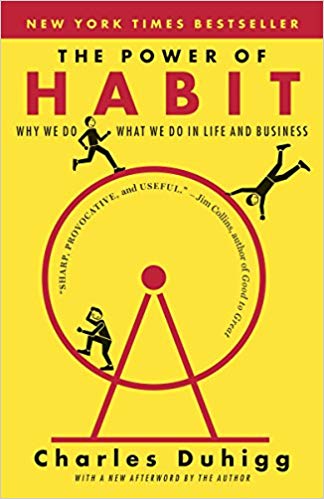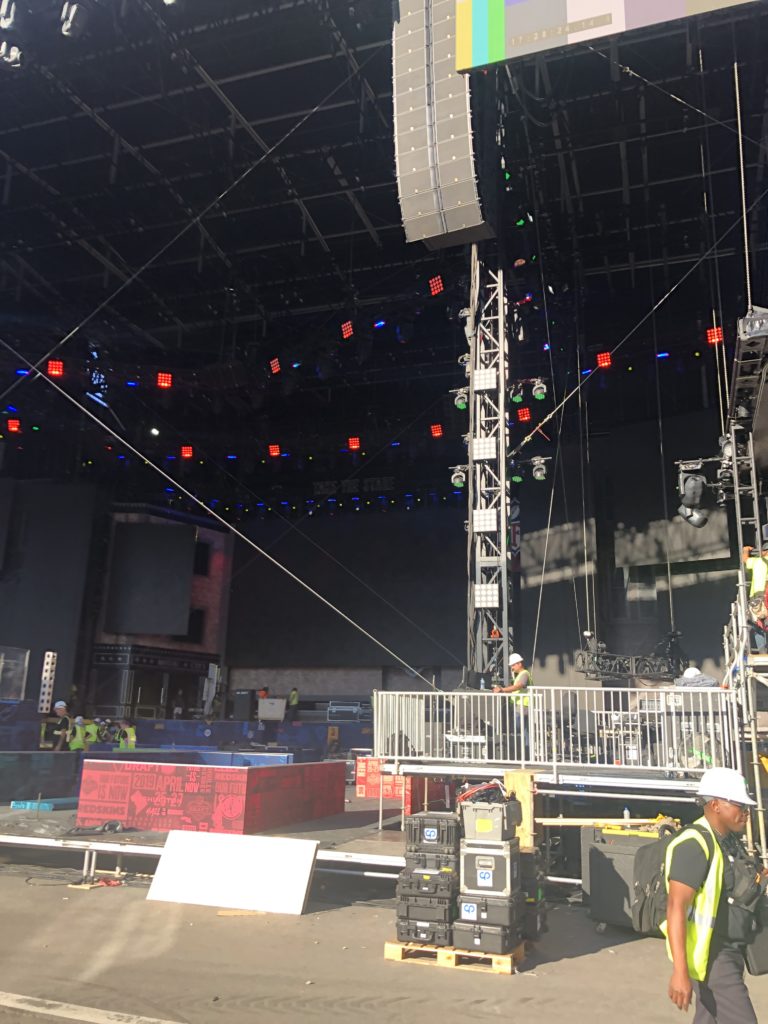
I know it’s only August, but I wanted to share my sponsorshipX vision of 2020 with you.
Why so early? Frankly, I wasn’t very organized with our 2019 events, throwing new dates and locations at you in a random fashion. We wound up with great engagement at all of our events, but I know it was frustrating for our attendees to deal with.
The other reason? Well, to quote an email I received today from a senior marketer: “your 2020 themes and dates are epic!”
In a nutshell, I want to give you enough time to plan ahead to be a part of that epic-ness. I know it takes time to secure budgets and internal approvals, book travel, etc., etc. As well, I want to give you enough time to deal with another dilemma you will surely face. Choosing which sponsorshipX events to attend.
Today I am going to give you the ultimate insider’s perspective on each of our three events from the ultimate sponsorshipX insider – me.
Let’s go on a little tour of what we have in store for
Vegas – What Will Really Happen
We hit the strip for the NFL Draft from April 21st– 23rd. This will be our second conference in the United States, and we were thrilled with the reception that we received from our first. Though it took time for our new cohort of American delegates to get used to us.
What do I mean? Well, first things first, our event is very intimate. One hundred and twenty delegates results in more meaningful networking. You can actually get to know people. Secondly, we kicked things off with a rooftop, poolside reception. Isn’t it better to get to know people at night, before you head to the classroom in the daytime?
Our Vegas conference will be no different. We are going to have a flag football tournament, get up and close and personal with amazing performers, see how dragons are made on a movie set, and watch the top NCAA players get drafted into the NFL. Our content will be uniquely unique because it will be tailored to our key themes. We haven’t developed them all yet, but you can be sure you will have a chance to participate in its delivery and not just be a silent audience figure.
Bring your runners. You will be on the go. From the NFL Draft Fan Experience to our
Montreal – Joie de vivre
There is no place in Canada like Montreal in the summer. The streets are filled with cafes, performers, and the most beautiful creatures on the planet. Fresh off the heels of their most important holiday – St. Jean Baptiste – Montreal will host sponsorshipX June 25th-28th.
This is your opportunity to Be Olympic. We have partnered with the Canadian Olympic Committee to bring this event to you. You will compete in a corporate decathlon. You will see the Athletics qualifiers up close as our Olympic teams get selected, visit the Canadian Olympic Experience, and maybe even take in some jazz from one of the biggest music festivals on the continent. As fun as that sounds, you are also going to have work to do.
Our sponsorshipX classroom will be offering tutorials and practicums daily; we have a ton of first release research for you to absorb; and you’re going to be called upon to do some presenting yourself in our skills training classes.
Tokyo – The First 5G Games
Do you sometimes get overwhelmed by technology? Well, it’s time to reboot, as 5G is now upon us and the marvellous Tokyo Olympics will be its coming out party.
Amazingly, sponsorshipX will be smack dab in the middle of the action at Canada Olympic House from July 30th-August 2nd. This is the conference you’ll want to attend if you seek to be fully immersed in the Games. We are going to Olympic events, visiting the brand live sites, and partying like rock stars at country houses. Our speakers will include top Olympic sponsors and marketers from around the world, including future Olympic Games.
I would think of this as more of a networking, living laboratory, and learning retreat than a conference. We will also leave lots of time for the infusion of local culture, markets, sites, sushi, and sumo!
So, now for the final question. Have I made your planning easier or more difficult? I feel so blessed that I will be there to welcome you at all three sponsorshipX events next year.





